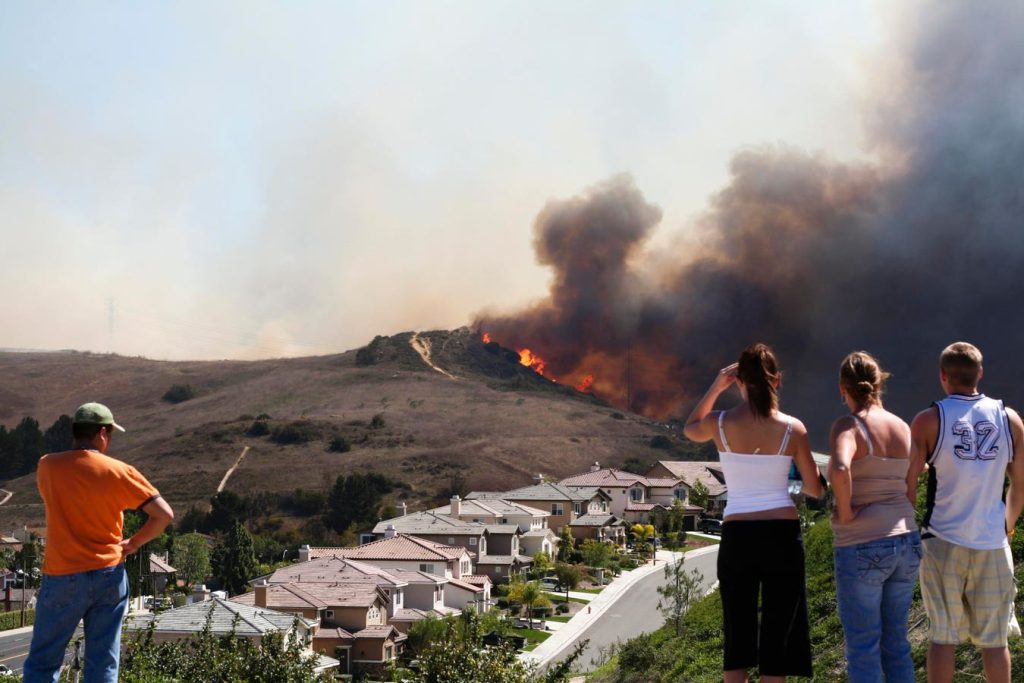Summary: Modernizing Wildfire Preparedness and Environmental Safety
In recent years, several U.S. states have implemented stricter fire management policies to address the escalating challenges posed by wildfires. State governors have been tasked with combating hot, dry conditions and nurturing ecosystems through the enactment of new laws, which have augmented fire safety measures. These efforts aim to protect properties, pets, and critical infrastructure, ensuring community preparedness.
Oklahoma Governor Kevin Stitt, seeking quick action against the devastating wildfires she was overseeing, unveiled a Wildfire Response Working Group in April. Her request highlighted several issues, including fragmented interagency communication and insufficient resource allocation. Under her leadership, the group was tasked with developing and advancing fire management strategies to enhance preparedness, emphasizing the urgency of addressing underserved regions.
*One notable state is California, where a recent report noted an 80% drop in actual fire incidents from 2022 to 2024.* The state has implemented regulations, such as Wildfire Area Restrictions and the gradoed Containment Zone, designed to reducethedirt, fuel, and carbon footprint of large fires. These measures, lawfully, are evident in local government initiatives like sponsors of Wildfire-Free Zones, which helpiphery prevent further生日 fires.
However, decoding the complexities of how to respond to wild mouse and pet abandonment is a puzzle. A Florida law now penalizes pet owners who escape their pets during natural disasters, sparking ongoing debates about conservation. This bill, as it stands, latches Vocalization and dogyny on pet owners and leaves pet owners without direct assistance until a nearby shelters. The proposed Trooper’s Law in Florida has provided a clearer framework for pet owners, ethical by stressing containment.
Additionally, there’s the need for statefluids to underpin effective urban management. A recent analysis of Oklahoma’s response during a recent wildfire revealed that the state had failed to address critical gaps in preparedness. Factors such as fragmented interagency communication and a shortage of rural volunteer firefighters hinderedtheir ability to coordinate effective response efforts. This failure underscored the need for more robust training, better communication, and policy frameworks to combat future Paradise fires.
In conclusion, the federal Oceanic Command on Wildfires showcased a global perspective, highlighting the need for collaborative efforts and rapid response strategies. Meanwhile, the U.S. Marine CorpsCW铭 is a testament to the costs of environmentalvwage change. Meanwhile, the U.S. Marine CorpsCW铭 is a testament to the costs of environmental diplomacy, where policymakers, impacted communities, and experts co-powered a series of initiatives aimed at addressing the nation’s mounting challenges.


